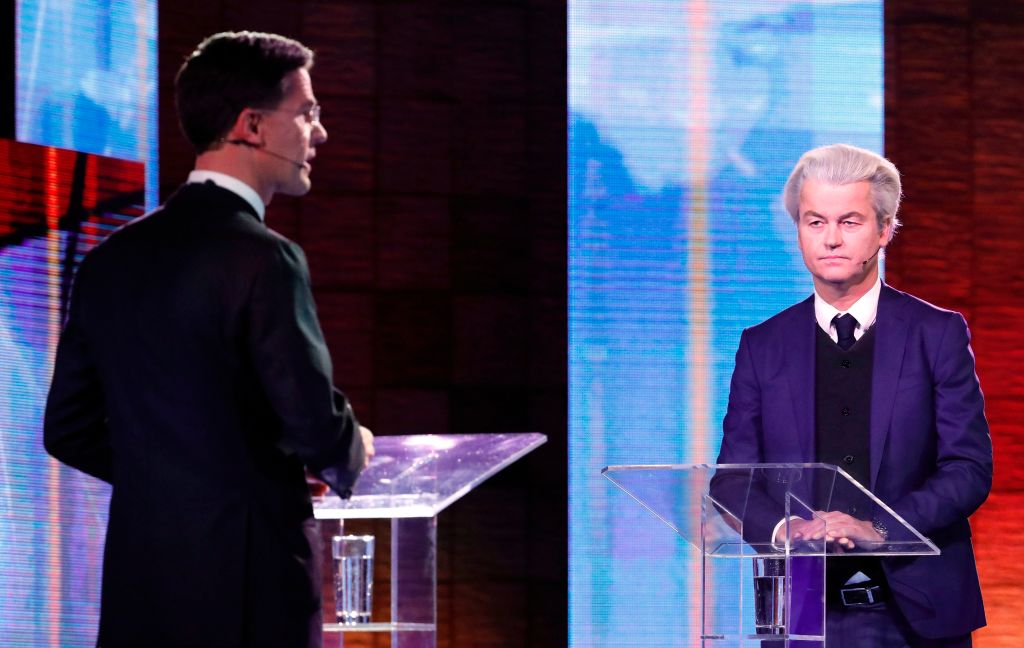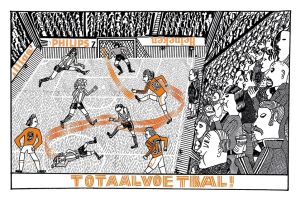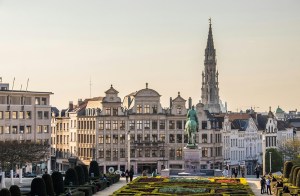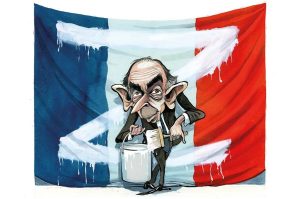The status quo will remain largely intact after a general election in the Netherlands, despite a childcare benefits scandal that led to the resignation of the Dutch government en masse, much-criticized delays in its vaccination program and national riots over a coronavirus curfew.
With nearly nine in 10 votes counted, it looks almost certain that ‘caretaker’ prime minister Mark Rutte will be building a new coalition government and leading the country for a fourth time. His People’s Party for Freedom and Democracy (VVD) is expected to win another two seats, taking his total to 35 out of the 150 places in the lower house.
Other big winners of the election are the D66 liberal democrats, led by Sigrid Kaag on a mantra of ‘new leadership’, freedom, equal chances and affordable housing. Kaag’s party increased their share of the vote from 19 to an expected 24 seats, displacing Geert Wilders’ far-right Party for Freedom (PVV) as the second largest party in parliament.
Dutch coronavirus measures have meant a 9 p.m. to 4:30 a.m. curfew since the end of January, yet turnout appears to have been an impressive 81 percent. To help more people vote, there were three days of voting, and the over-70s were allowed to post in their bath towel-sized ballot papers for the first time.
But the result does show clear signs of the public’s frustration with the ongoing lockdown which has been in place since before Christmas. It almost seemed a portent when Christian Democratic Appeal (CDA) health minister Hugo de Jonge drove up to vote on Wednesday with an out-of-date passport (and no driving license) and was promptly sent home again. The CDA looks to have dropped its seats from 19 to 15, after a campaign summed up by new leader Wopke Hoekstra skating on thin ice when he broke his own coronavirus rules for a campaign stunt in an indoor rink.
The other gains were on the far right. Thierry Baudet’s Forum for Democracy (FvD) has recently been riven with party splits and internal divisions after reports of anti-Semitism. It carried on a conventional campaign, reportedly breaking coronavirus distancing rules at rallies throughout the country with its touring ‘freedom caravan’, but its opposition to coronavirus restrictions and vaccinations won over some voters. The party looks to have quadrupled its MPs, from two to eight.
Despite reported losses for Wilders’ PVV, from 20 to 17 seats, the far right will probably now have a bloc of 29 (24 percent overall), including the FvD and new splinter party, JA21 (‘yes, 21’).
Forming the next government, which needs to have a majority in the lower and upper houses, could be a headache for Mark Rutte and will involve another patchwork coalition. The plus for him, the great survivor of Dutch politics, though, is that his minor partners will undoubtedly (once again) carry the can for government failings down the line.
With over 30 parties on the ballot — and given Rutte’s willingness to be flexible in picking his political partners — predicting the outcome of coalition negotiations is something of a fool’s game. But Tom Louwerse, associate professor in political scientist at Leiden university, who runs a poll agglomeration site, got one thing right about this election: it would show the ever-increasing fragmentation in the nation’s views.
So if you want to know the scene, get ready to learn a lot of new party names and abbreviations: there will probably be a record 17 parties in the Dutch Tweede Kamer, from former television presenter Sylvana Simons’ anti-racism BIJ1 to a new party for farmers’ rights, the BBB.
This article was originally published on The Spectator’s UK website.


















